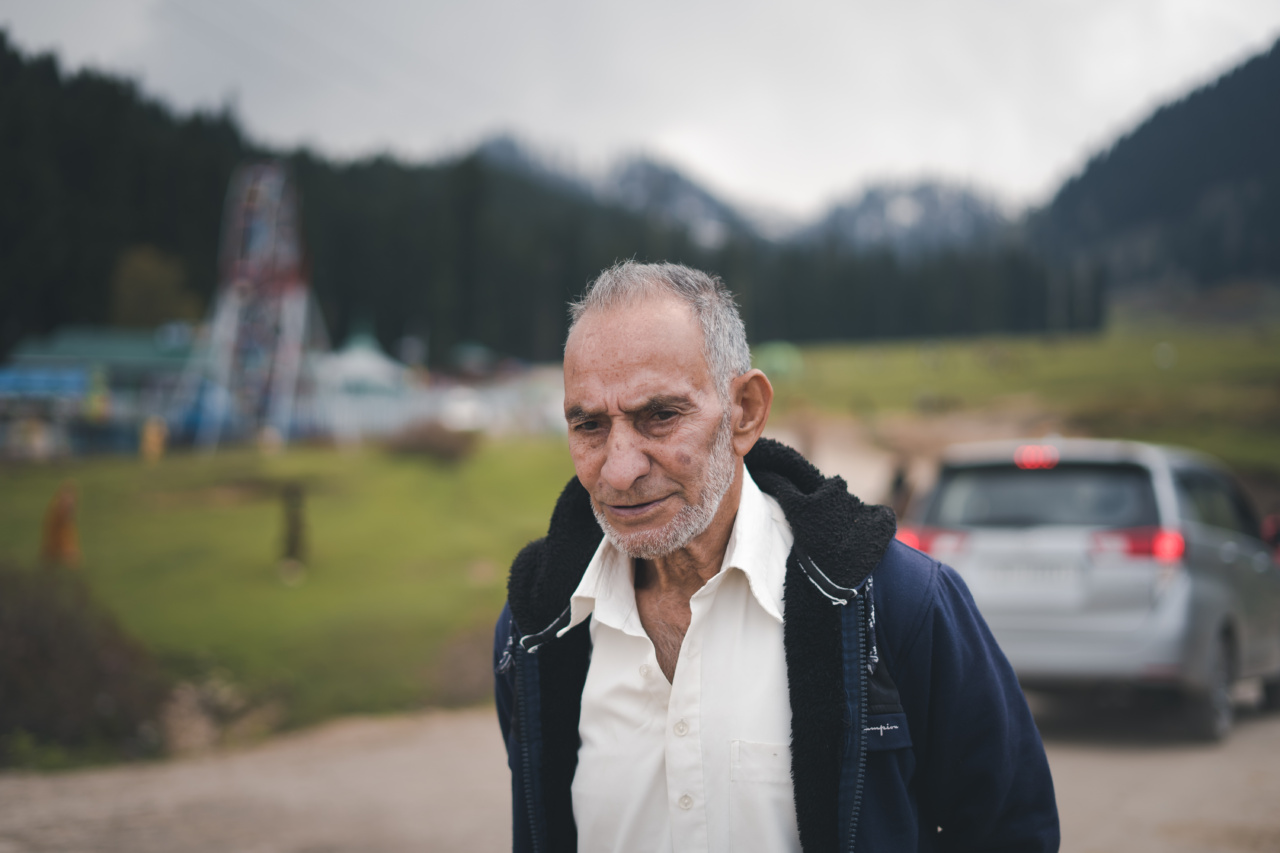The feeling of ecstasy, often described as an overwhelming sense of joy and delight, can lead one to perceive their surroundings as a paradise. This euphoric state of mind is believed to be experienced by both men and women.
However, there is a question as to whether all men experience this state of ecstasy and see paradise. In this article, we will explore the concept of ecstasy and its potential gender differences, delving into various factors that may influence the experience.
The Nature of Ecstasy
Ecstasy, defined as an intense feeling of happiness or delight, can be triggered by various factors.
It may result from achieving a long-desired goal, experiencing a state of love or romantic bliss, or even indulging in certain substances that alter one’s consciousness. In this state, individuals often find themselves perceiving the world in an entirely different light, which can be likened to witnessing paradise.
Gender and Ecstasy
The perception of ecstasy and the experience of paradise may differ between men and women due to several factors, including biological, psychological, and sociocultural influences.
However, it is important to note that generalizations about gender experiences can be limiting, as these experiences can vary greatly among individuals.
Biological Factors
Biological differences between men and women, such as hormonal variations, can potentially influence the experience of ecstasy.
For instance, research has suggested that testosterone, a hormone found in higher levels in men, plays a role in risk-taking behavior and sensation-seeking, which may increase the likelihood of experiencing an ecstatic state.
Psychological Factors
Psychological factors, including personality traits and individual differences, can also contribute to the experience of ecstasy.
Traits such as extraversion and openness to experience have been associated with a greater likelihood of seeking out and experiencing intense positive emotions. However, these characteristics are not exclusive to one gender and can be found in varying degrees among individuals.
Sociocultural Influences
Sociocultural factors, including societal norms, expectations, and cultural practices, can shape the experience of ecstasy differently among men and women.
For instance, traditional gender roles in some cultures may discourage men from expressing their emotions openly, potentially suppressing the experience of intense positive emotions, including ecstasy. On the other hand, cultural practices that encourage emotional expression may lead to more frequent experiences of ecstasy for both men and women.
Individual Variations
It is crucial to acknowledge that individuals’ experiences of ecstasy and their perception of paradise can differ significantly based on their unique characteristics, life circumstances, and personal histories.
While certain factors may influence the likelihood of experiencing ecstasy or perceiving paradise, it ultimately boils down to the individual’s subjective interpretation of their emotions and surroundings.
The Quest for Ecstasy
Across cultures and throughout history, humans have sought ways to experience ecstasy by exploring various avenues.
Whether through artistic expression, spiritual practices, physical activities, or altered states of consciousness induced by substances, individuals have sought to transcend their ordinary state of being in pursuit of moments of bliss and a glimpse of paradise.
Redefining Paradise
Ecstasy and the perception of paradise are subjective experiences, influenced by personal interpretations, cultural conditioning, and individual beliefs.
For some individuals, paradise may be found within the depths of their own mind, while for others, it could be a physical place or a moment of profound connection with nature. The definition of paradise can vary widely among different individuals, rendering the question of whether all men experience it as complex and multifaceted.
Breaking Stereotypes
To assume that all men universally experience ecstasy and perceive paradise would be an oversimplification.
It is essential to break away from preconceived notions and stereotypes regarding gender experiences, allowing individuals the freedom to define their own paradises and find their unique paths to ecstasy.
Closing Thoughts
The experience of ecstasy and the perception of paradise are deeply personal and subjective. While there may be factors that influence the likelihood of experiencing ecstasy, it is not exclusive to any particular gender.
Each individual’s journey towards moments of overwhelming joy and their own definition of paradise is unique and should be respected.





























